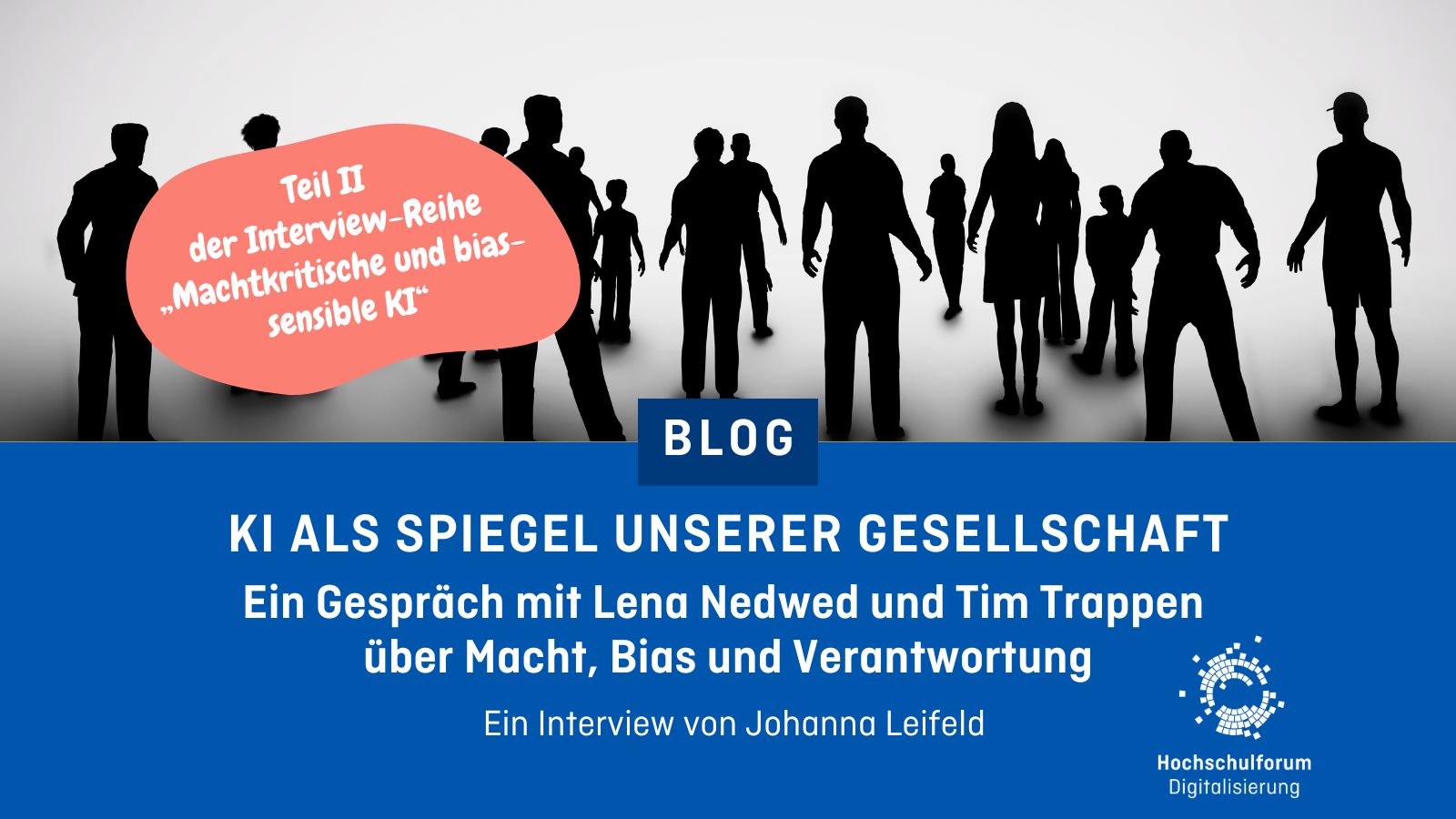„One Plus One Equals More Than Two“: The Educational Experts Seminar 2019
„One Plus One Equals More Than Two“: The Educational Experts Seminar 2019
06.02.20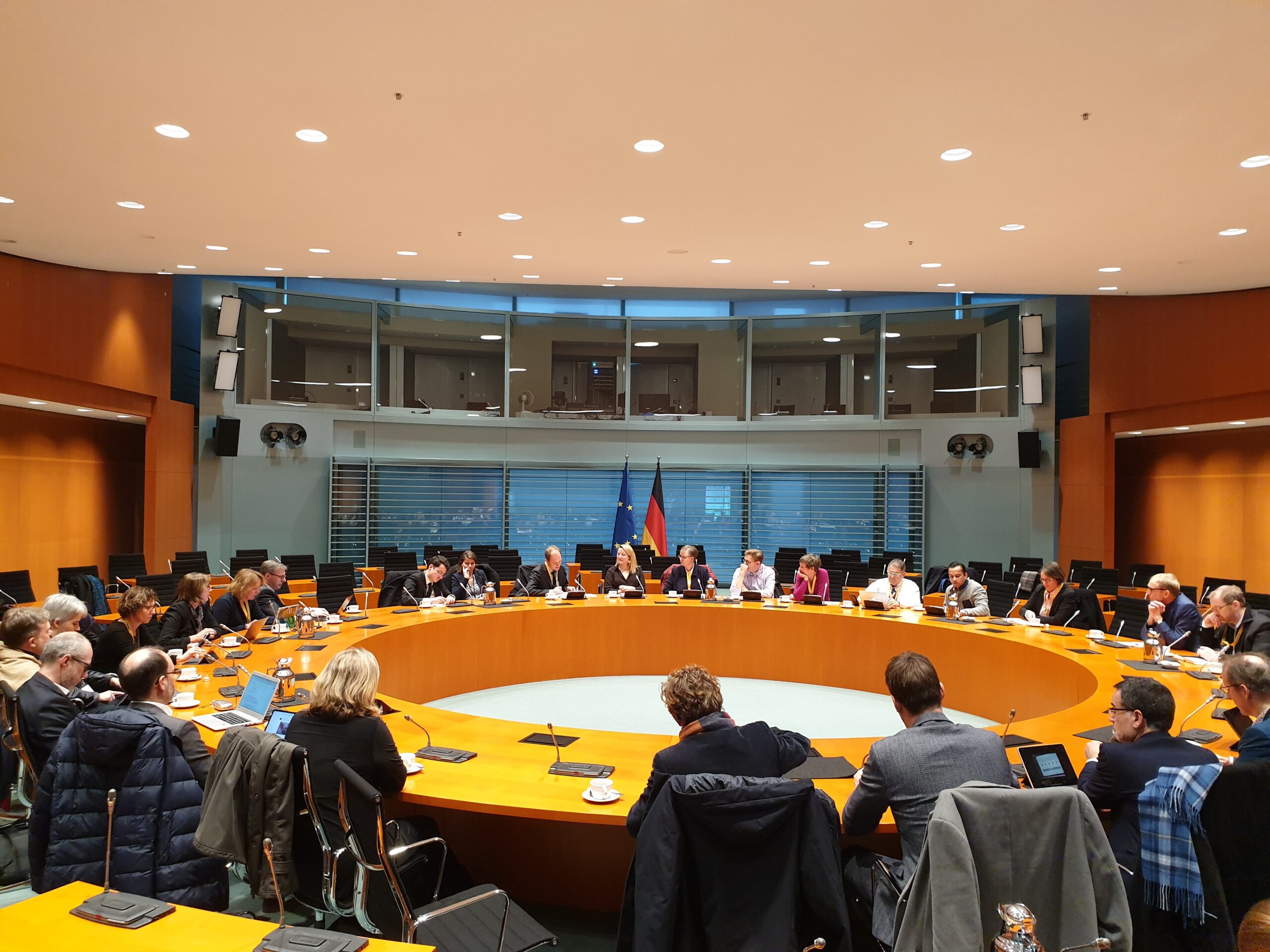
What happens when 25 German and American higher education experts* go on a joint trip? They discover many differences between the two education systems – some amazing, some expectable, some bizarre or funny. In direct exchange, however, there are also a lot of similarities. Editor Katharina Frier-Obad accompanied the Educational Experts Seminar and reports on the transatlantic exchange in this blog.
This article was automatically translated using DeepL. Please excuse any errors.
For ten days, this year’s participants of the Educational Experts Seminar 2019 travelled together in Boston, New York and Berlin to get an idea of how digitisation will affect universities on both sides of the Atlantic. And what opportunities and challenges it brings with it – very different ones, in fact, including those related to financing.
Two perspectives, common questions
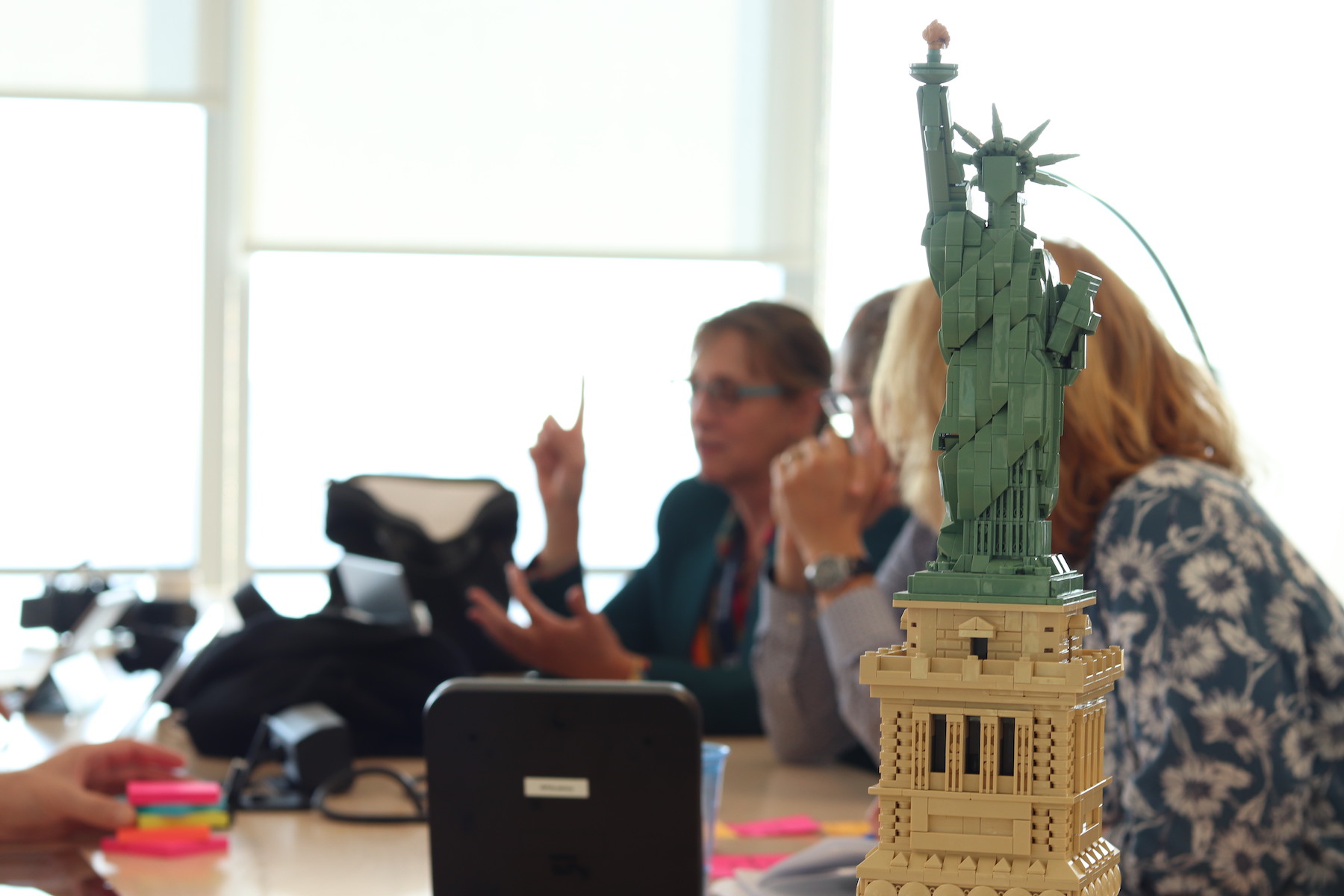
Involve administrations
Dr. Christina Reinhard, Chancellor of the Ruhr Universität Bochum, sees a particular challenge in the question of how employees in administrations can also be enabled to become part of the digital transformation. “If we don’t succeed in taking the administrations of the higher education institutions with us, digitisation will become a huge brake pad.”
Business models vs. cultural change
Prof. Dr. Klaus Kreulich, Vice President of the Hochschule für angewandte Wissenschaften München, confirmed his impression that digitization in the USA is often reduced to the question of how business models can be optimized. In Germany, he said, it is not a question of costs but of the culture of learning together – and in this country, online formats are always perceived as the worse option compared to face-to-face formats.
Four thematic blocks in innovative formats
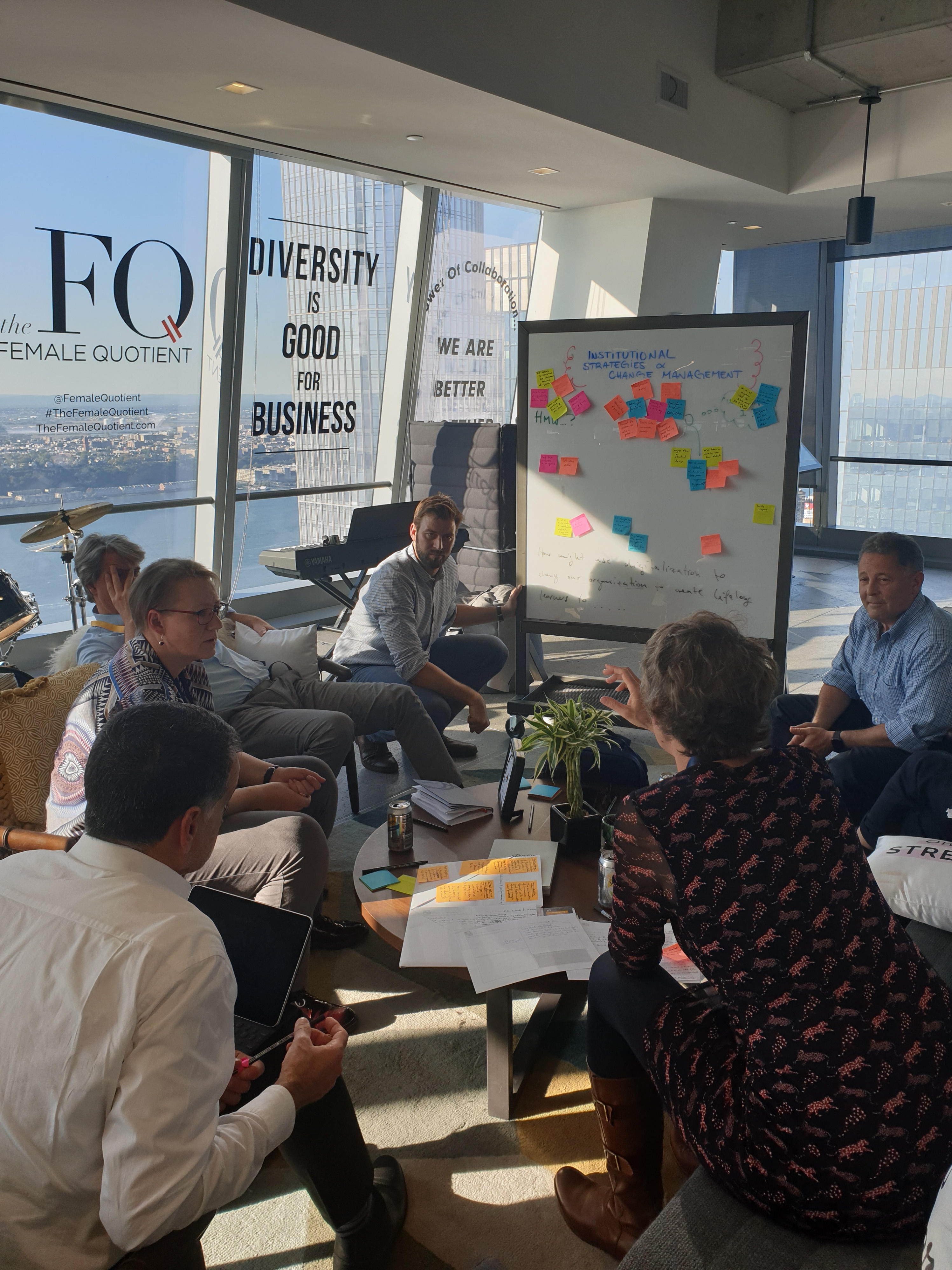
In addition to the area of Smart Curriculum and Learning, the experts* dealt with three other thematic blocks: new technologies and their impact on education, the influence of digitisation on research, and institutional strategies for dealing with all this, especially with regard to change management. Concrete questions within these thematic blocks were, for example, what effects artificial intelligence and Big Data have on universities, what new opportunities and challenges digitisation presents for research and how institutions can profitably apply digital change to all areas of higher education.
While the first part of the Learning Journey in the USA included visits to digital development centres such as the MIT Media Lab, Harvard University, edX and The New School, the education experts deepened the exchange in Berlin in the other direction. Here they held talks with players from the German university landscape in innovative formats such as an Unconference and World Cafés, as well as with the German federal government. They also found the exchange with students and other stakeholders from the education sector, such as providers of educational software or practitioners in the field of artificial intelligence, enriching. In addition, there were always opportunities for intensive internal exchange among the participants.
Competences for change
In these discussions, the term “Transformation Literacy” was mentioned again and again: Digitisation is part of a larger context of global changes – and in order to be able to cope with these changes, not only answers to technical questions arising for universities and other actors in connection with digitisation are needed. Instead, the competence of all those involved is required to react to changes with confidence and to shape and use change in the best possible way.
People and space matter
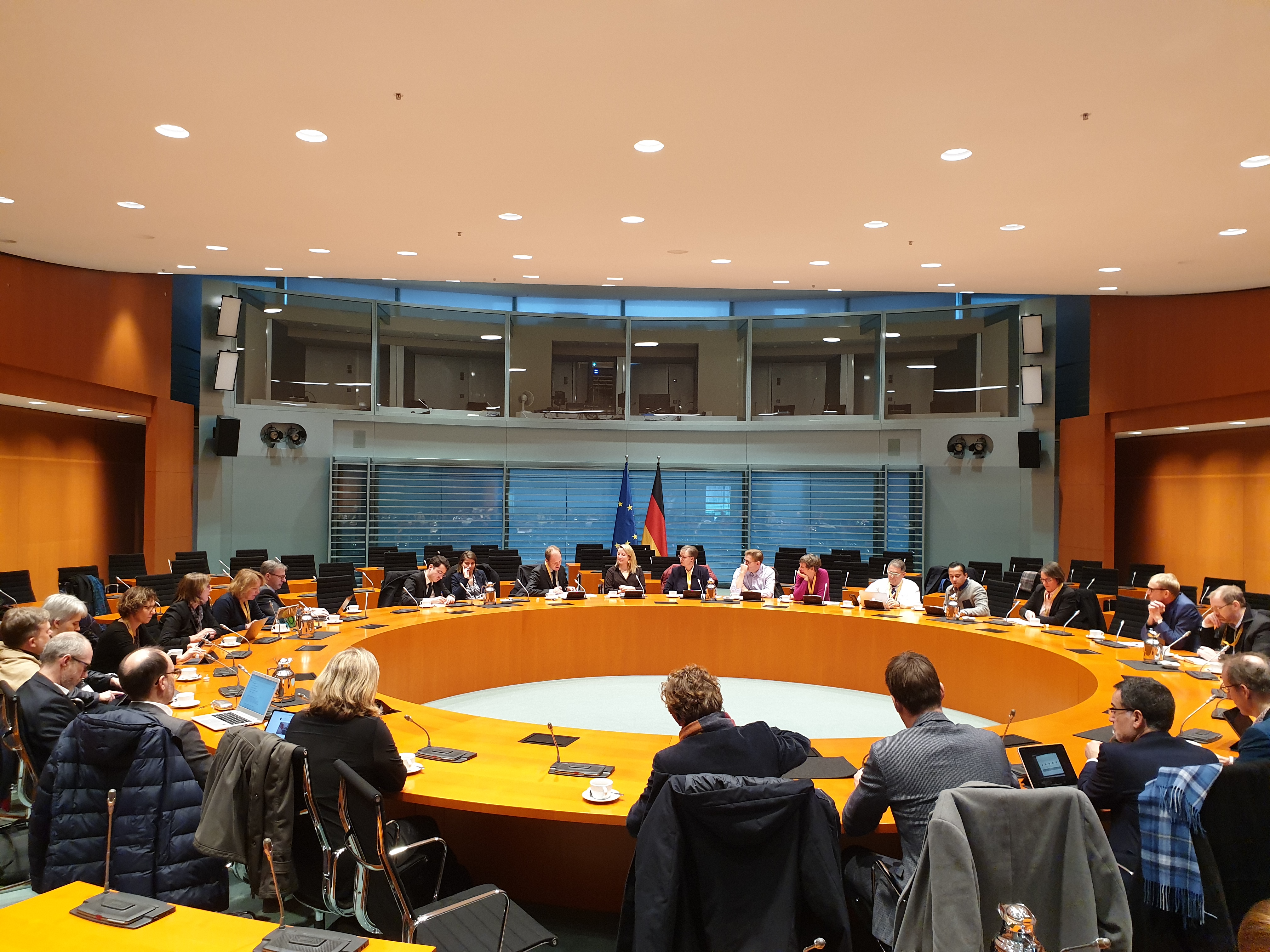 In Berlin in particular, discussions have repeatedly revolved around the human being at the centre of the digital transformation. Beyond all cultural differences, a certain attitude is also decisive for a successful digitized world: openness to new things, a culture of error, more trial and error instead of theory. Only surprising at first glance: the Educational Experts also consider real, physical places where human encounters are possible an important basis for change – “space matters”.
In Berlin in particular, discussions have repeatedly revolved around the human being at the centre of the digital transformation. Beyond all cultural differences, a certain attitude is also decisive for a successful digitized world: openness to new things, a culture of error, more trial and error instead of theory. Only surprising at first glance: the Educational Experts also consider real, physical places where human encounters are possible an important basis for change – “space matters”.
More than the sum of its parts
Ultimately, digitization is never just about technology, but always about social issues, said Dr. Rebecca Stein, Executive Director of Online Learning Initiative at the University of Pennsylvania. Without talking directly to each other, it is hardly possible to understand the cultural differences and approaches to solutions. For Stein, this is also the particular strength of the seminar: in a “super additivity”, a superordinate value that leads to more than the sum of the two parts.
Outlook: sustainable transatlantic networks
And so the Learning Journey ended after a total of ten seminar days in Berlin in mid-December – and despite the many differences, with many common projects. For example, a cross-faculty, transatlantic-collaborative project work module for students is planned, which will take place online and in person in both countries. Another German-American group wants to work on a standard for digitization in higher education, others, for example, on curricula for digital skills or an exchange of ideas on the topic of Spaces – spaces for digitization.
The seminar was organized by the German-American Fulbright Commission in cooperation with Stifterverband, Hochschulforum Digitalisierung, the German Center for Research and Innovation in New York and Impact Hub Berlin. In 2019, the seminar was part of the German-American Year of Friendship under the motto “Wunderbar together”.

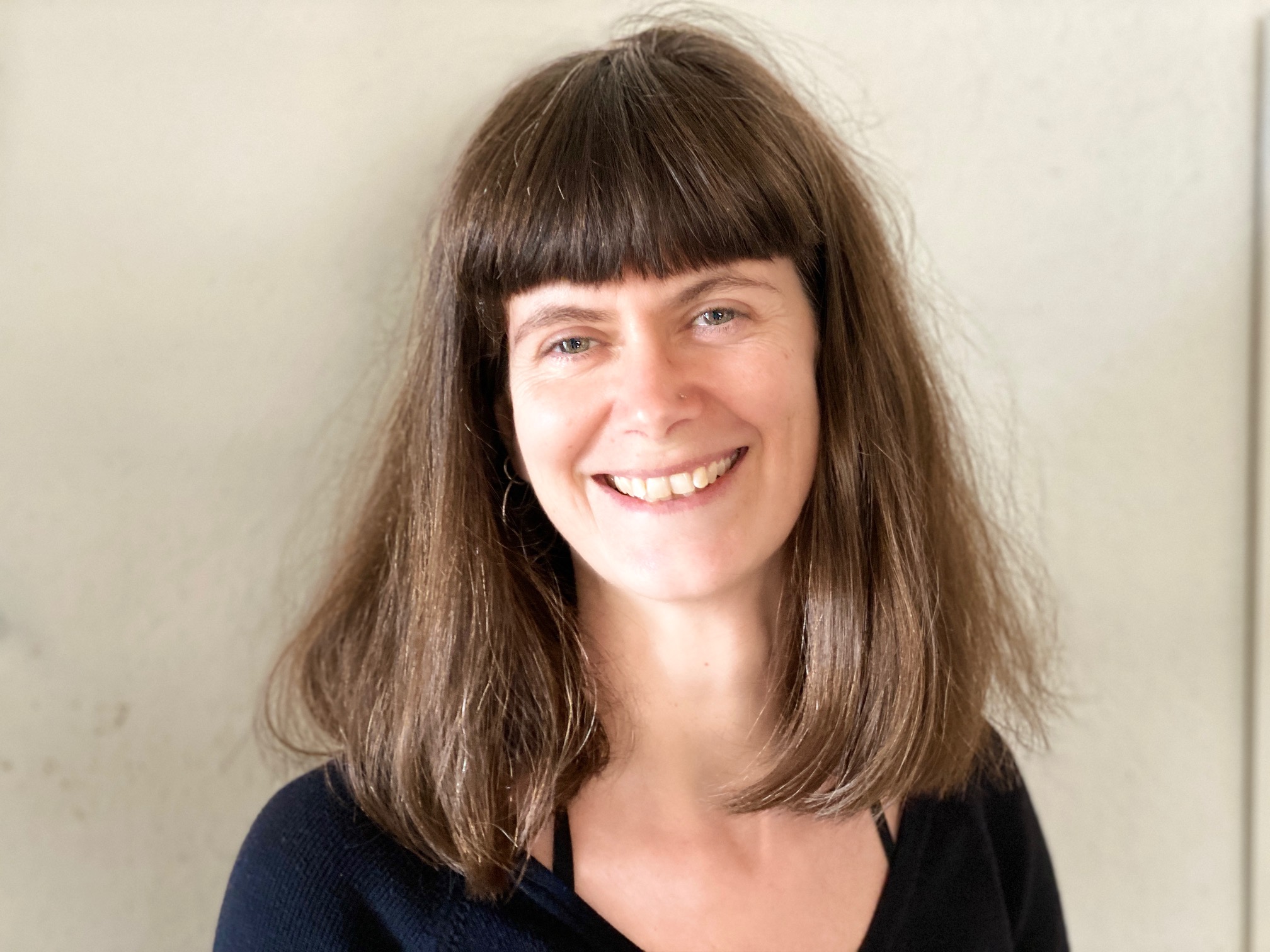
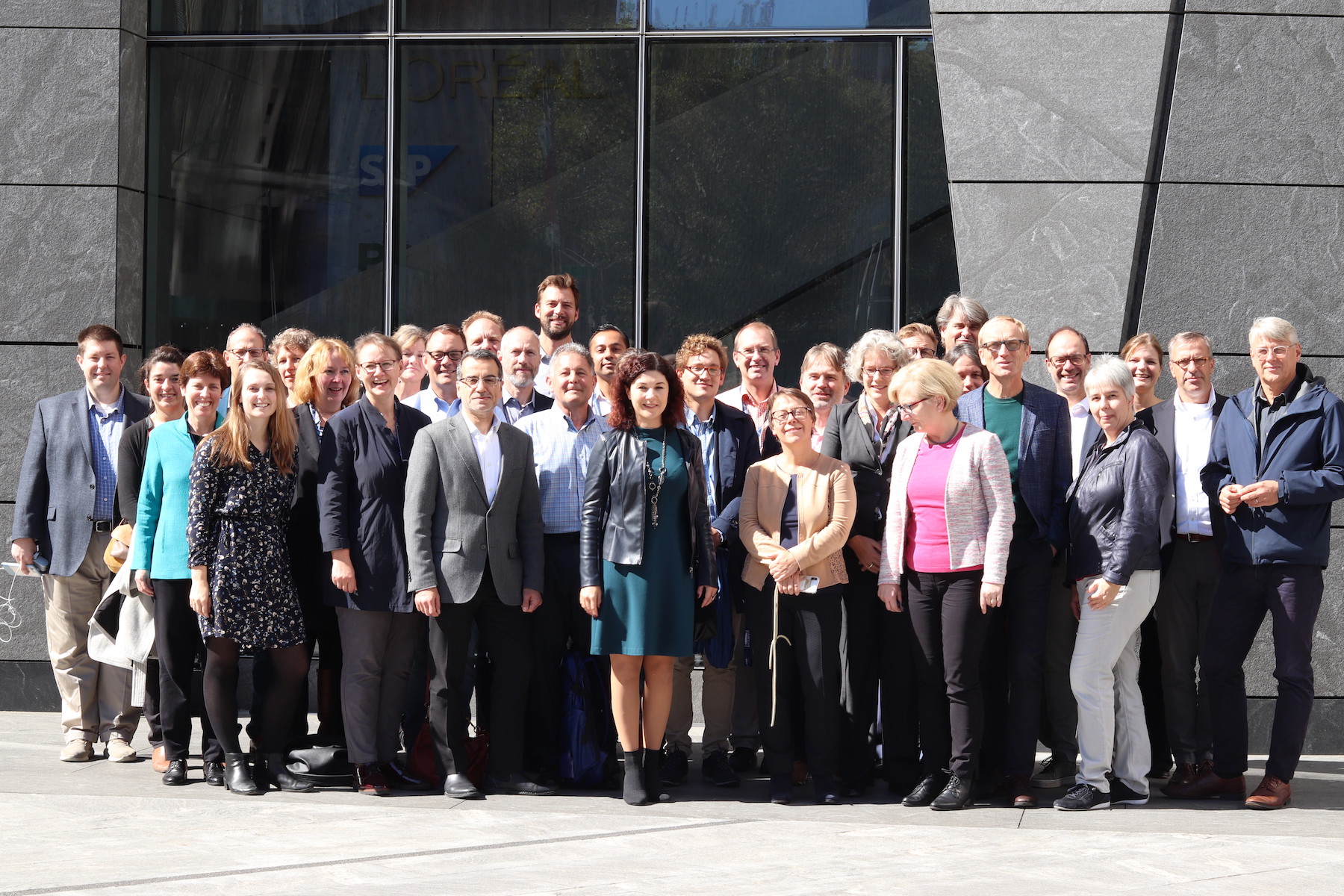
 Vera Lenz-Kesekamp
Vera Lenz-Kesekamp 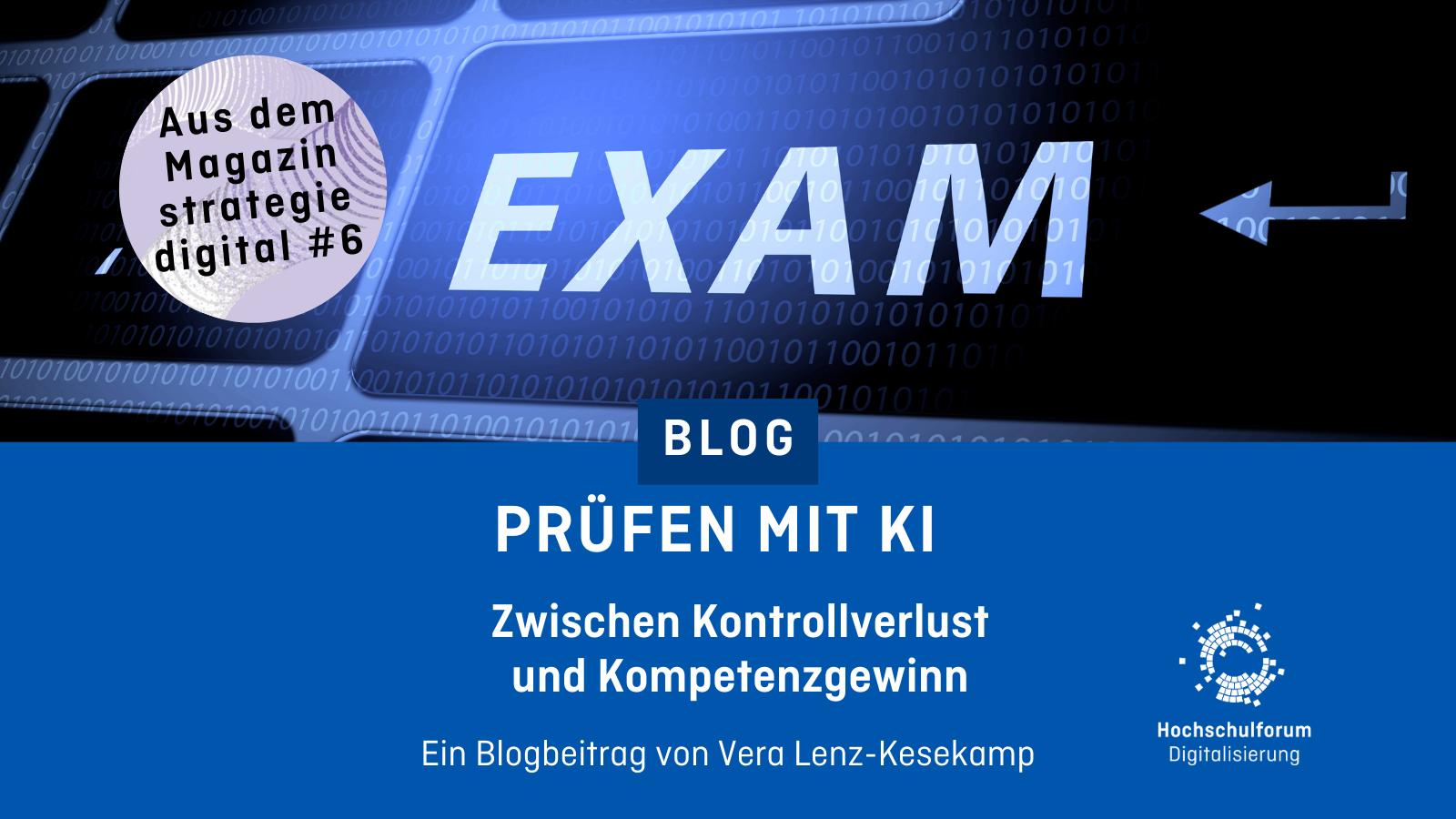
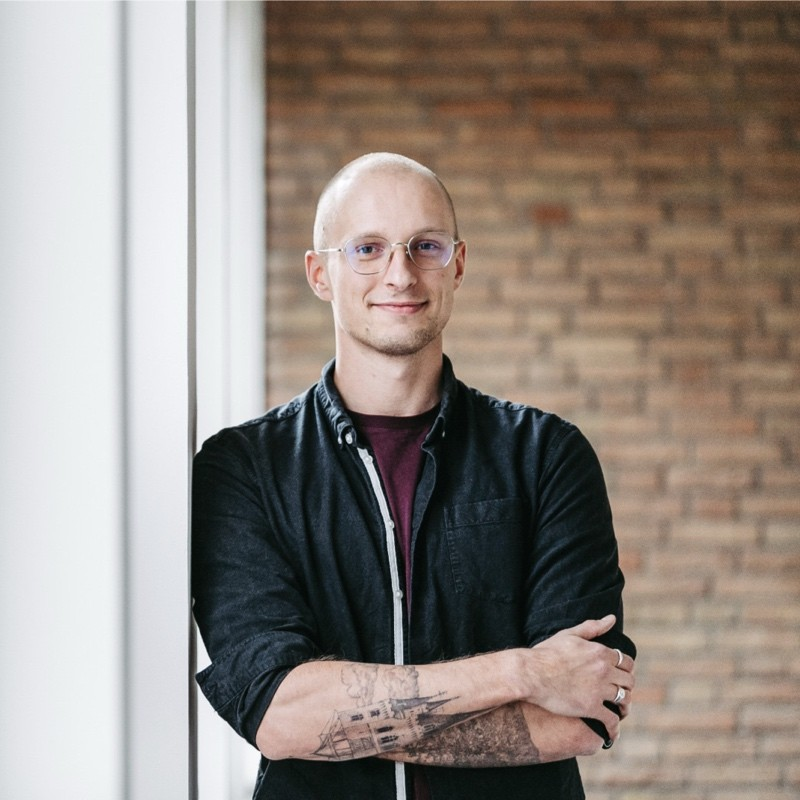 Felix Averbeck
Felix Averbeck 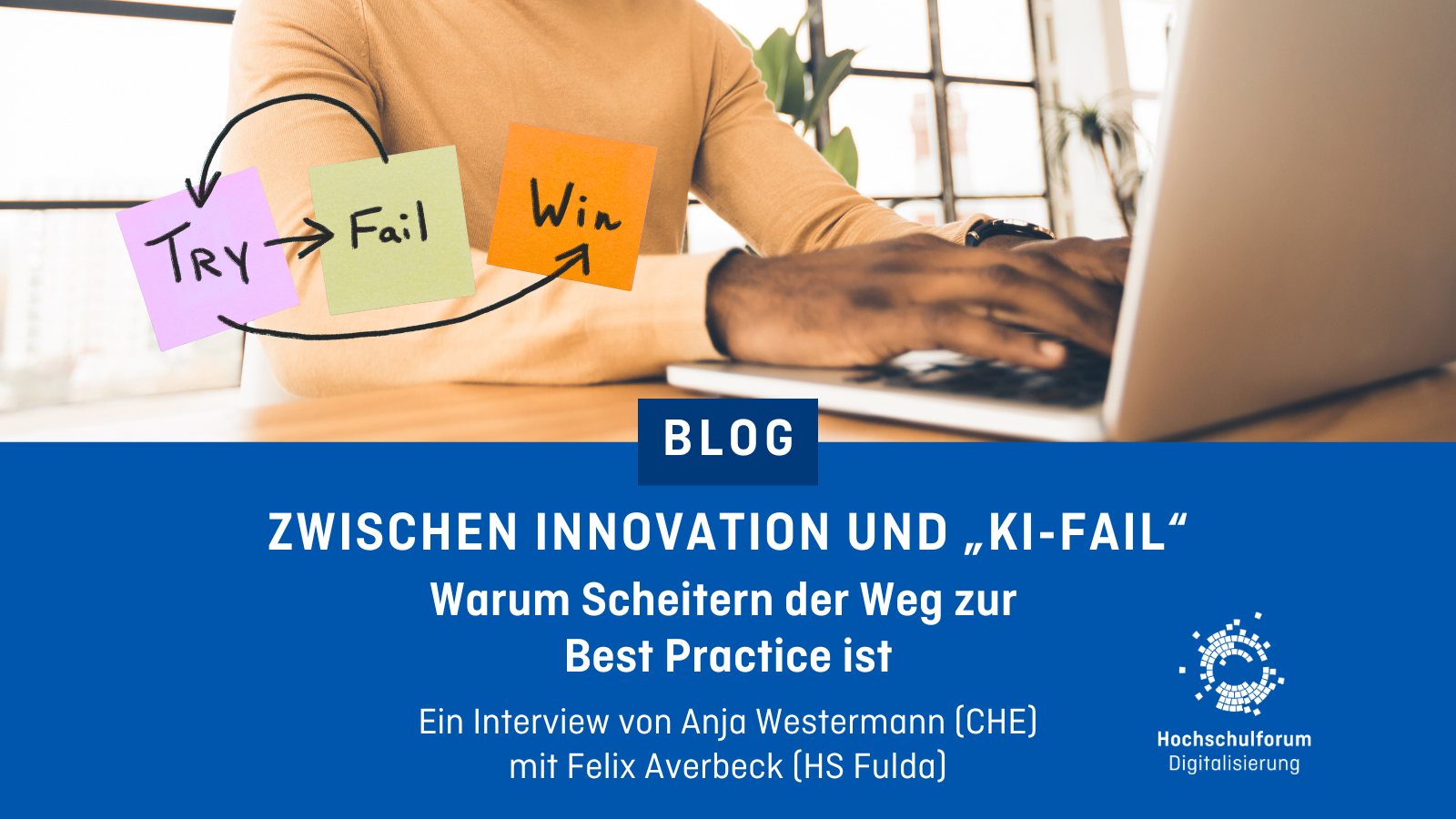
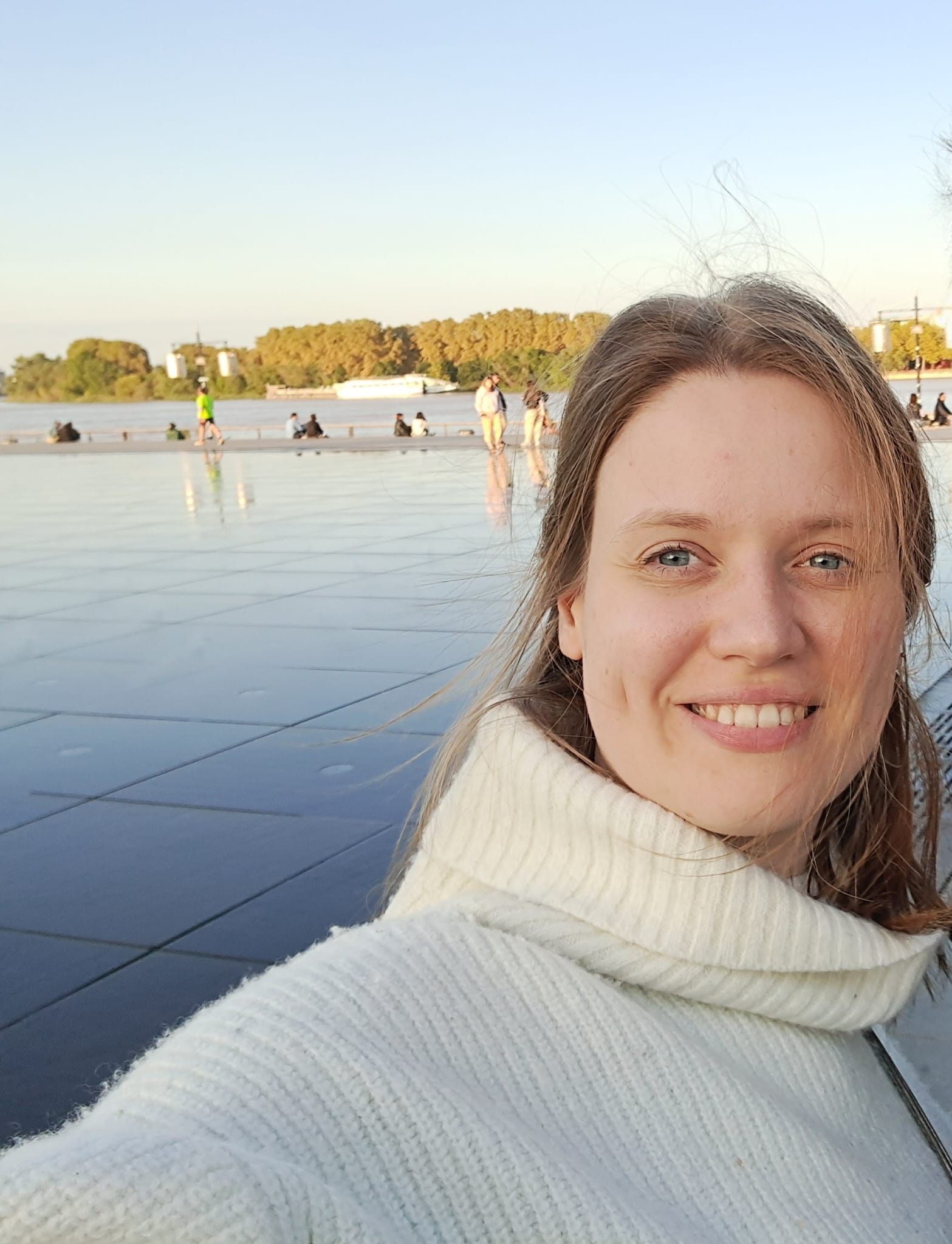 Lena Nedwed
Lena Nedwed 